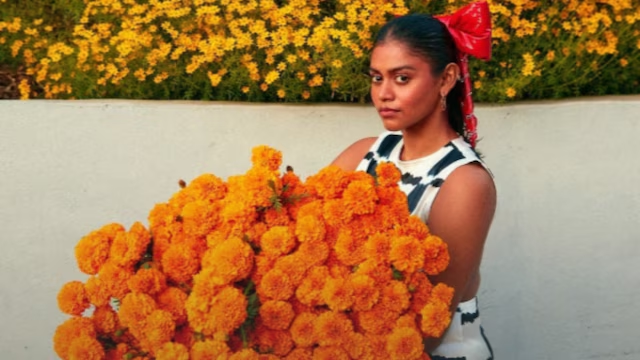Reputation Management
Effortlessly and accurately track the web and social network impact of your brand

Trends
11/07/2025
How #SkinTok Is Defining the Next Generation of Skincare on TikTok

Events
04/07/2025
London Climate Action Week 2025: How the Climate Conversation is Evolving on LinkedIn

Visibrain news
30/06/2025
Visibrain Takes the Stage at Digital Marketing World Forum London

PR crisis
20/06/2025
What the Nike India Boycott Teaches Us About Managing Brand Crises Online

Trends
16/06/2025
LinkedIn weighs in on France's fight against fast fashion

Features
26/05/2025
How to Monitor Bluesky Effectively with Visibrain

Events
05/05/2025
The Artists, Trends and Brands That Defined Coachella 2025

Trends
28/04/2025
#Skinnytok: how the cult of extreme weight loss is making a comeback via TikTok

Social listening
23/04/2025
5 Ways to Improve Brand Reputation with Social Listening

Features
14/04/2025
Media Professionals: 5 Reasons to Embrace a Monitoring Strategy on Bluesky

Trends
11/04/2025
The Power of Podcasts in 2025: Trust, Reach, and Virality

Social listening
09/04/2025
From Insight to Impact: Why Social Listening Is Essential for your Brand